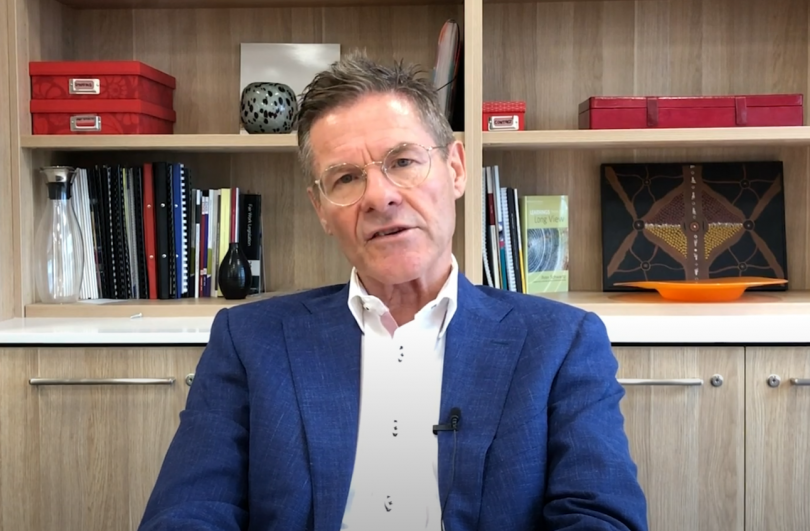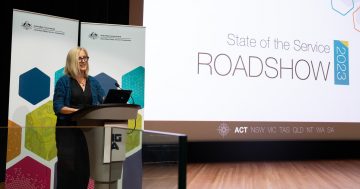
APSC Commissioner Peter Woolcott: “We will continue our evolution towards an organisation that is an exemplar of reform.” Photo: File.
The Australian Public Service Commission is carving out a bigger space for the organisation, taking on more responsibilities and positioning itself as a driver of public sector reform in the wake of the Thodey review.
The APSC’s just-released Corporate Plan outlines a growing organisation that puts itself at the centre of key reforms such as the overhaul of classifications, the pivot to a more mobile and agile public service in response to the pandemic and a more centralised approach to training.
The plan also shows that the Commission seeks to play a key role in the APS’s digital revolution, with its acquisition from the Digital Transformation Agency of the body that supports public servant’s digital skills, known as Digital Profession.
Commissioner Peter Woolcott says in his forward to the plan that the APSC has taken an increasingly important role in stewarding the APS, particularly during the demanding times of the pandemic response.
“The Government’s response to the unfolding COVID-19 crisis launched us into the future, with the Commission playing a key role in accelerating realisation of technological and workforce management outcomes for the whole APS, as outlined in the Government’s reform agenda Delivering for Australians,” he says.
My Public Sector
“In 2021-22, we will build on this momentum, and continue our evolution towards an organisation that is an exemplar of reform.”
He foresees an expanded role for a bigger APSC with more staff and greater capacity to drive reform and reinforce the integrity of the APS.
“We will support our people to develop new skills and provide them with the tools they need to deliver crucial initiatives that support the success of the APS,” he said.
“In 2021-22, we will embed our agency Workforce Strategy, and deliver enhanced evaluation and data analytics capabilities and infrastructure, supporting our ability to implement, measure and adapt APS reform initiatives.”
Digital Profession will sit alongside the new APS Training Academy which will give the Commission a central role in lifting the skill levels of the APS.
In the year ahead, the APSC plans to expand the academy to broaden the range of training products and courses it can offer.
Digital Profession will also boost the Commission’s own data analytics capabilities to support reform initiatives.
The plan says the pandemic has transformed the APS, with the APS Surge Reserve and the APS Mobility Framework becoming permanent features to ensure it is able to rapidly mobilise in response to crises.
Supporting this will be the independent review of the APS hierarchy and classification structure which will report to Mr Woolcott.
It is also a response to the Thodey report which called for a more united, agile, flexible and flatter public service with greater collaboration across agencies.
The Commission secured more funding and a boost to staff levels in this year’s federal budget to support its training and reform programs.
It currently has 240 staff, most of whom are located in the Canberra office in the Treasury Building in Parkes, but the growth will necessitate acquiring more office space and resources to accommodate the extra signings.


















